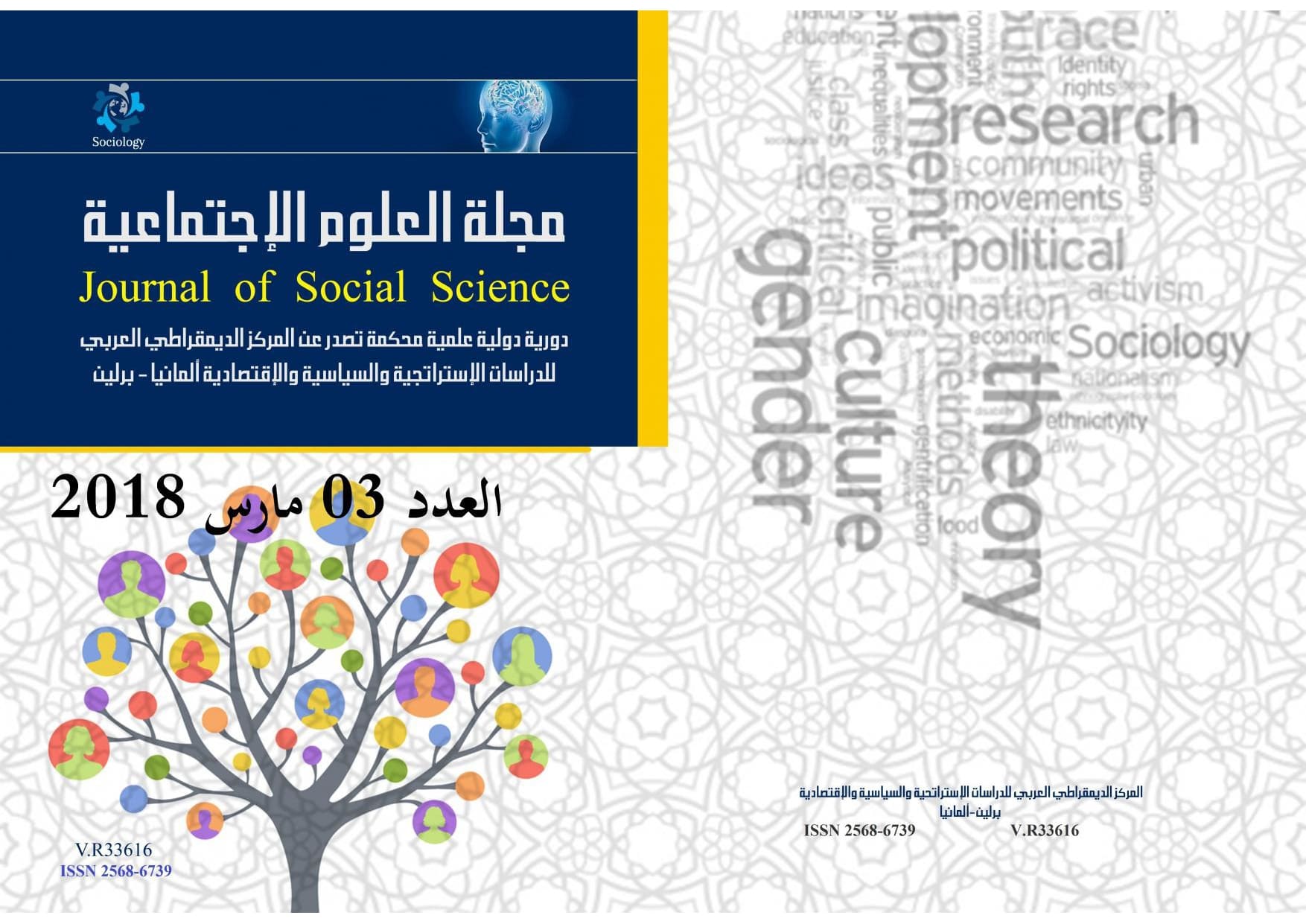The Organizational Status of Women in the Islamic Movement "The Peace Society Movement for example"
Keywords:
Organizational Status, Women, Islamic Movement, Peace Society MovementAbstract
Understanding the status of women in the present and their future prospects can only be achieved by extrapolating the social realities of our traditional societies, knowing that women in this reality represent a structural and functional element, both in the family and in other institutions of society. There is no doubt that the status of women in a society reflects its development, in terms of participation in various aspects of life in it, as well as this status is an analytical approach to reveal the nature of society and the pattern of the system. In Algerian society, the status of women is determined according to the system of values prevailing in it, which works according to the perceptions of individuals about social roles, which are reproduced on the basis of sex. Because the gender difference in the patriarchal system is a difference in position, distribution of wealth, and sharing of roles; the patriarchal system is defined as a social structure that characterized Arab societies, including Algerian society, So this structure is based on hierarchical relationships, As described by Hisham Sharabi as “patriarchal Arabic”, he described it as more patriarchal, more traditional; more besieged the personality of the individual and his culture, and the strengthening of its values and traditional social norms, marginalization of women, and the disappearance of her personality. Male dominance in the framework of the patriarchal system is supported by the culture of society and the standards of its construction because the authority exercised – mostly – through the inherited cultural and social dominance and thus the patriarchal system has established the belief in the inferiority of women and their inability to participate in different social transformations
Downloads
Published
Issue
Section
License
This work is licensed under CC BY-NC 4.0






